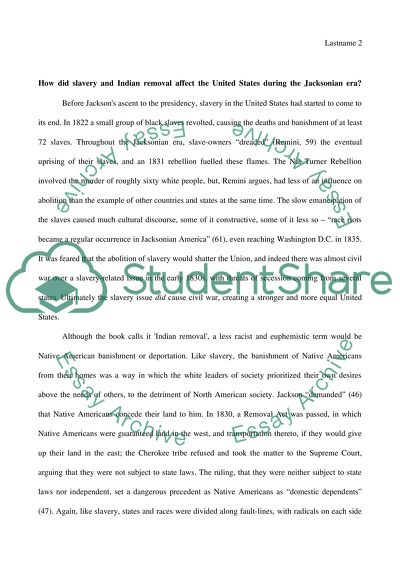Cite this document
(“Jacksonian era Essay Example | Topics and Well Written Essays - 750 words”, n.d.)
Retrieved from https://studentshare.org/environmental-studies/1412101-jacksonian-era
Retrieved from https://studentshare.org/environmental-studies/1412101-jacksonian-era
(Jacksonian Era Essay Example | Topics and Well Written Essays - 750 Words)
https://studentshare.org/environmental-studies/1412101-jacksonian-era.
https://studentshare.org/environmental-studies/1412101-jacksonian-era.
“Jacksonian Era Essay Example | Topics and Well Written Essays - 750 Words”, n.d. https://studentshare.org/environmental-studies/1412101-jacksonian-era.


